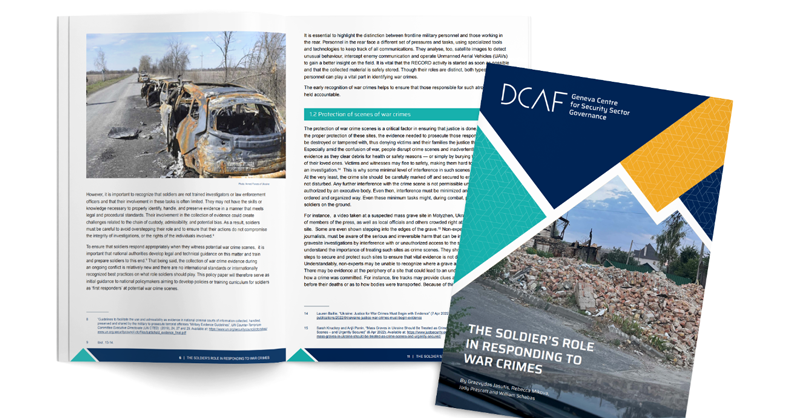A year in review – our most read and shared in 2023
While Russia's aggression against Ukraine passed its sorrowful one-year anniversary, 2023 was marked by renewed humanitarian crises, armed conflicts, and a series of coups d'État, calling into question the role of the security sector in unstable and fragile contexts.
The multiplication and escalation of conflicts across the world make it more and more complex to respond to the needs of our partners and ensure the safety of our teams. At the same time, we are absolutely convinced that we need to remain engaged in fragile contexts, to prepare the foundation for more accountable and inclusive security institutions and contribute to the peace building process when the time is right.
Our expertise can be a force for change, by empowering security and justice institutions to embrace a comprehensive approach to protecting people, the planet, and peace.
As the year comes to a close, we would like to thank our partners and donors for the invaluable support that has helped us achieve and sustain our work during this difficult time, and share with you our most popular resources of 2023.
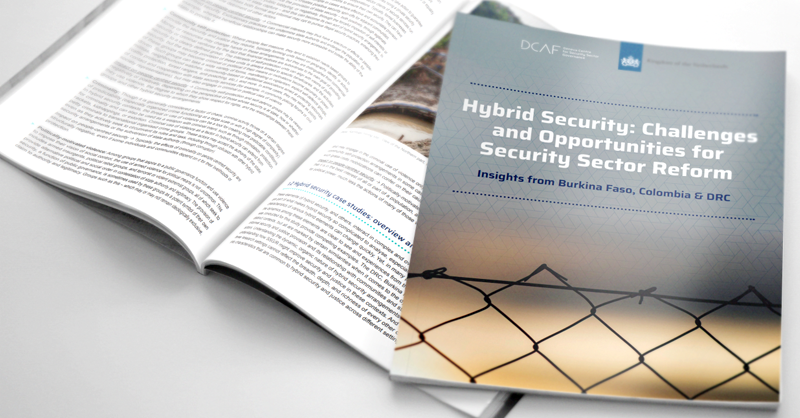
Hybrid security: challenges and opportunities for security sector reform
As a result of conflict, state security forces and institutions can be severely weakened or even decimated. When this happens, militias, armed groups, private military companies, and other non-state actors can rise to fill the vacuum. This creates a complex situation that puts human rights at risk and can be difficult to govern. Drawing on case studies in Burkina Faso, Colombia, and the Democratic Republic of the Congo, this study offers insights and recommendations for tailoring SSG/R approaches in hybrid security situations.
Women in the Special Forces
What is it like to be a female member of the special police and army forces in North Macedonia? Watch this mini-documentary addressing important questions about women’s participation in the special units, and North Macedonia's progress in promoting gender equality among its elite units.
The soldier’s role in responding to war crimes
As front-line witnesses to violence, soldiers are in a unique position to protect, preserve, and gather evidence of potential war crimes. Though not trained investigators, their involvement is critical to ensure accountability and justice. National authorities need to develop legal and technical guidance, and train and prepare soldiers to respond appropriately when they are at the scene of potential war crimes.
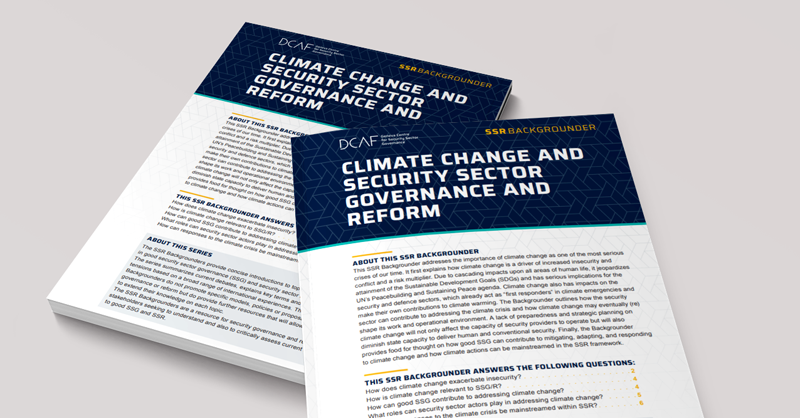
Climate change and security sector governance and reform
Climate change and is a driver of insecurity and conflict. This SSR Backgrounder provides a straightforward breakdown of how security sector reform and good governance can be a positive force that contributes to mitigating the impacts of climate change.
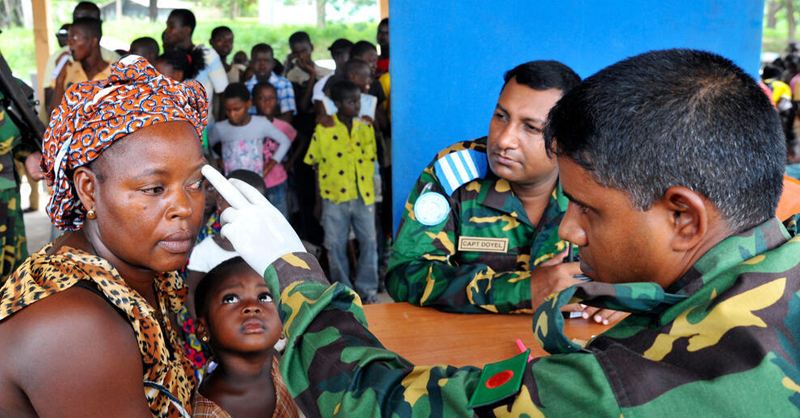
Security and development: finding a common language on good governance
How is security sector reform linked to development? How can it accelerate the implementation of the SDG 16? Vincenza Scherrer, Deputy Head of DCAF's Policy and Research Division, says it starts with a common understanding of what good governance is.
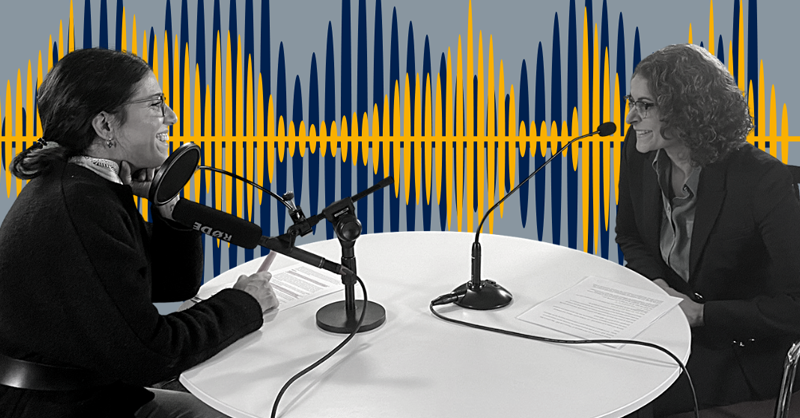
Women who have built SSR: Anicia Lala reflects on peace, security, and reform in Africa
Dr. Anicia Lala, DCAF’s former Head of Advisory Field Support, has a long career in security, justice, governance, democratization, and peacebuilding, particularly in Africa. In this conversation she shares her views on how security sector reform has evolved over time on the African continent, and current opportunities to fuel the momentum for change and innovative solutions.
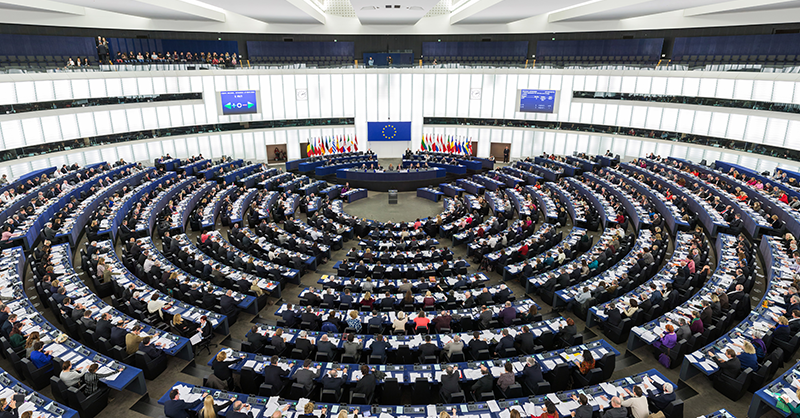
Parliamentary oversight of security institutions: what it is and why it matters
Democracies rely on elected representatives to provide checks and balances on government institutions to ensure that they are serving the interests of the people. That applies to police, the armed forces, and other security institutions most of all, who are responsible for respecting the rule of law and protecting the human rights of all citizens. In this article, we pulled together some of our key resources for and about parliamentarians in this key oversight role.

Cyber hygiene course for civil servants
While cyber-attacks are more frequent and sophisticated, basic cyber hygiene remains the most effective protection for users. This cyber hygiene course provides simple and practical tips on how to stay safe online. Join the more than 350 learners who have taken it this year. It is available for free in six languages: English, Macedonian, Montenegrin, Serbian, Albanian and Bosnian.
 Share on Facebook
Share on Facebook Share on Linkedin
Share on Linkedin Share on Twitter
Share on Twitter